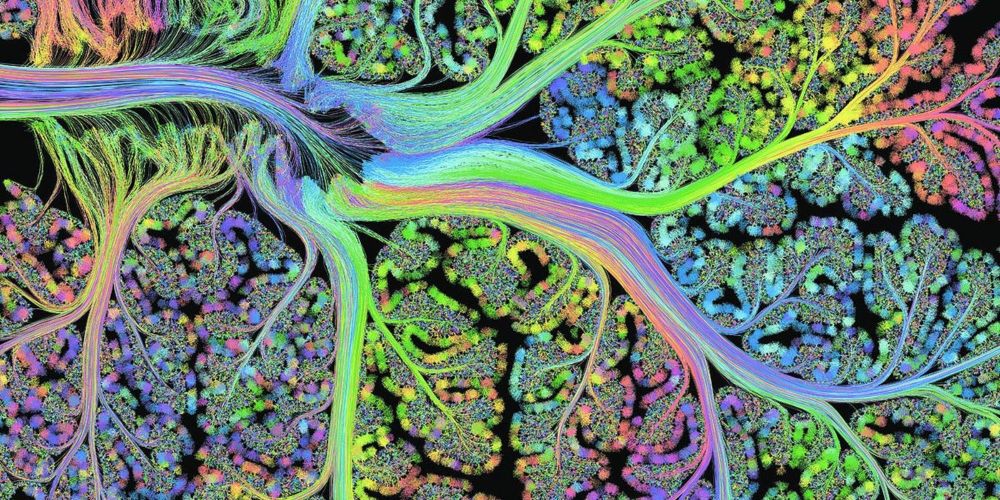
statmodeling.stat.columbia.edu/2025/11/25/p...


The key point: "The absence of young people from conventional protests is both a problem and a warning."

The key point: "The absence of young people from conventional protests is both a problem and a warning."

- clearer concepts
- harmonized measures
- a normative discussion about what levels and forms of trust are desirable.
Huge thanks to my co-authors @nielsmede.bsky.social and @colognaviktoria.bsky.social.
- clearer concepts
- harmonized measures
- a normative discussion about what levels and forms of trust are desirable.
Huge thanks to my co-authors @nielsmede.bsky.social and @colognaviktoria.bsky.social.



open.substack.com/pub/unpublis...

open.substack.com/pub/unpublis...
I've spent the morning with the this new product and I have concerns...
carlhendrick.substack.com/p/why-chatgp...

I've spent the morning with the this new product and I have concerns...
carlhendrick.substack.com/p/why-chatgp...




brill.com/view/journal...
brill.com/view/journal...








